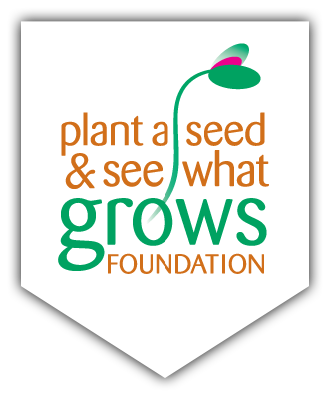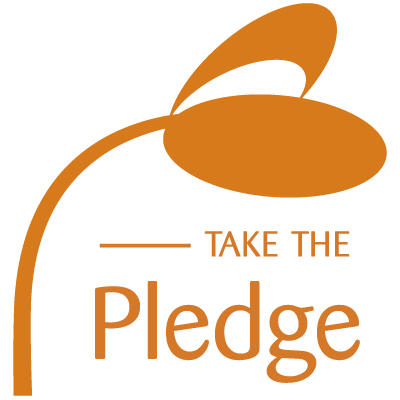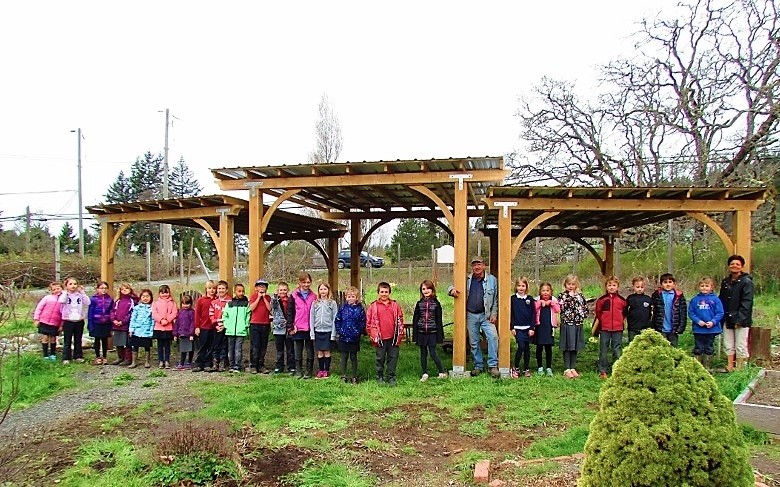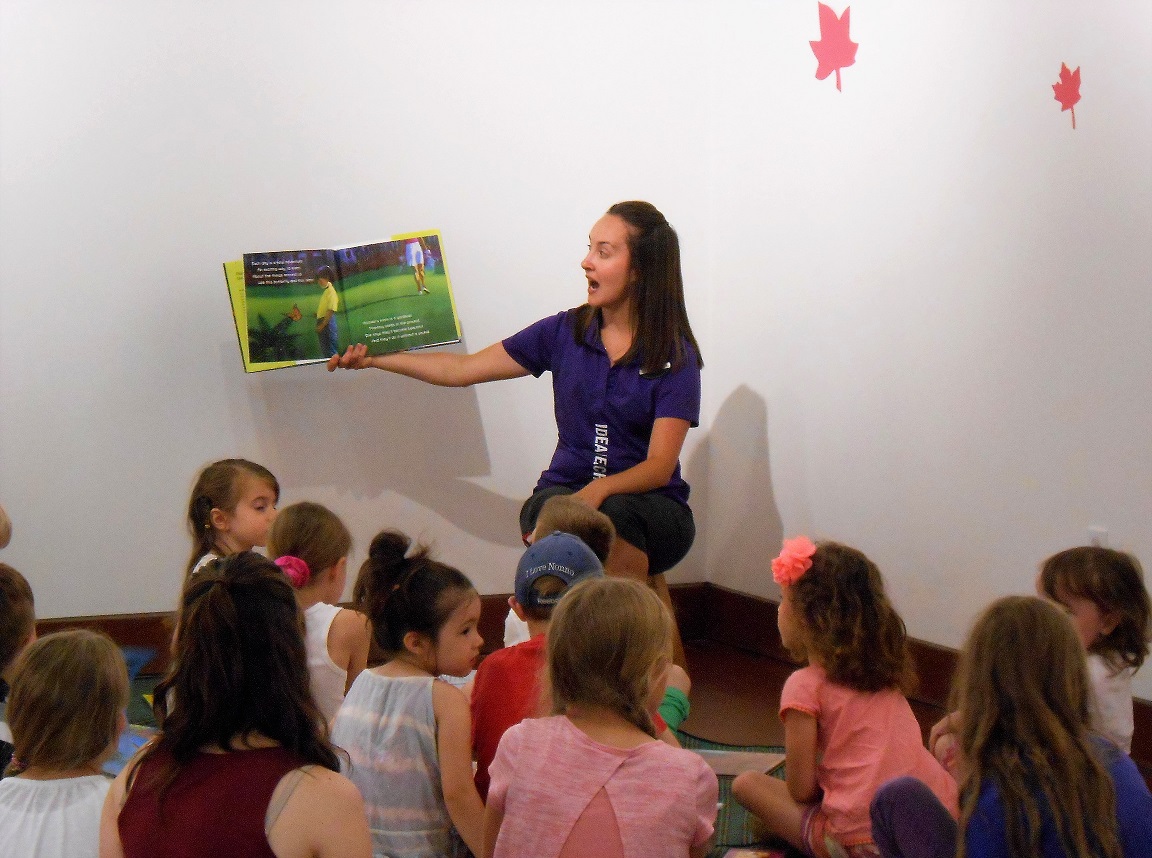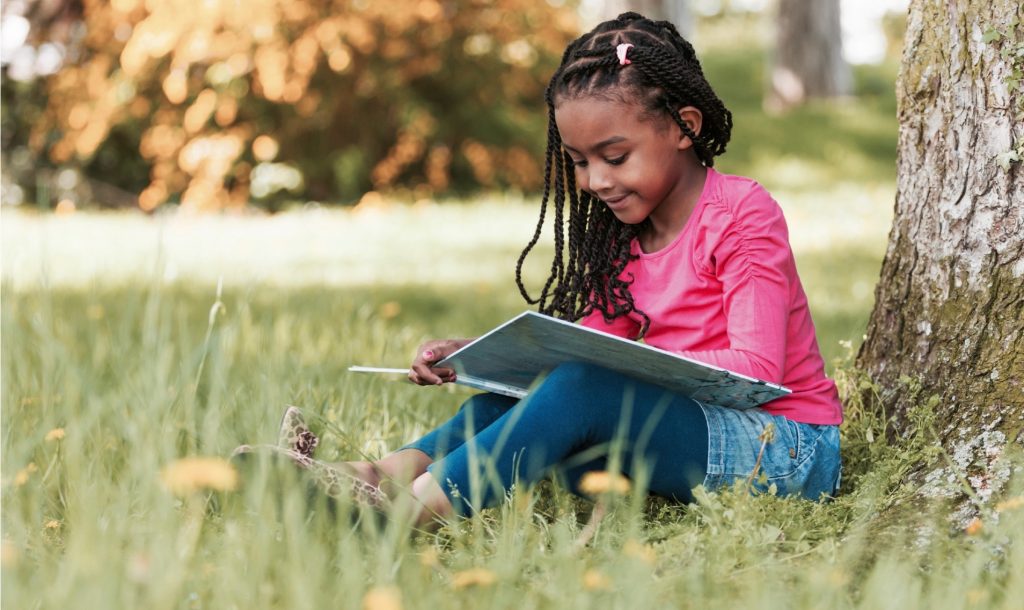
Summer learning loss (also known as summer brain drain) is a very real thing. What is it? It is the loss of knowledge and academic skills over the course of summer vacation. The deficit in learning varies in degree across grade level, subject matter, and household income. Here are four ways how to prevent your children from experiencing learning loss this summer.
Summer vacation is days away and children across the country are ecstatic. While parents are excited about the opportunity to enjoy quality time with them that doesn’t involve the threat of withholding dessert until homework is done, there is one notable cause for concern – summer learning loss.
Summer learning loss (also known as summer brain drain) is a very real thing. What is it? It represents the loss of knowledge and academic skills over the course of summer vacation. The deficit in learning varies in degree across grade level, subject matter, and household income.
Harvard studies indicate that on average, students lose approximately 2.6 months of learning in math over the season. Students also lose an estimated 2 months worth of reading skills over the same period. The above statistics are the norm, but when you factor in income level the achievement gap widens. Studies show that children from low-income households fall further behind. In fact, by fifth grade, the cumulative summer brain drain can leave low-income students up to three years behind their peers. What’s the reason for this? Low income families are not able to supplement any of the resources that the schools had been providing through the rest of the year. Below is an infographic that draws attention to some impactful statistics:

Simply put, summer learning loss is a concern for the entire country and should be addressed by every household that counts students in the mix. The solution lies in choosing affordable, effective and engaging activities that your children will enjoy. Read ahead to find out how you can keep your kids learning through the season.
4 Ways to Keep Your Children from Experiencing Learning Loss This Summer
1. Create a Schedule of Outdoor Learning Experiences
Here’s the good news. Your child loves going outside in the summer and as it turns out, outdoor experiences are among of the most effective ways to facilitate learning. The benefits are numerous. For one, it helps them apply what they’ve learned in the classroom in the months/year prior. It also improves cognitive functioning, improves physical health (also good for the brain), and enhances social skills. Read more on the key benefits of outdoor learning.
So now that you know, it’s time to plan activities. Here are some engaging ideas:
- Take a free local agricultural tour
- Go on a self-guided local ecological tour
- Create a calendar of (and attend) local cultural festivals and fairs
- Perform a weekly beach/park clean-up
- View more on the above concepts here and here
2. Get them Reading Outside of the Traditional Setting
Asking your child to maintain a consistent reading schedule indoors in the summer may be met with some resistance. To them, it might feel like a direct extension of the classroom they left behind. But by arming your children with a great set of outdoor-centric books (children’s books on gardening, health and fitness, etc.) from the local library and encouraging them to read outside in the backyard, on the porch, of under the shade of a tree in your local park, you will get them more excited about the concept. By taking story time and reading outdoors, you prevent learning loss by providing young minds the opportunity to incorporate the sights and sounds of the outside world. This form of multi-sensory experience will help them develop phonemic awareness and better connect to their surroundings.
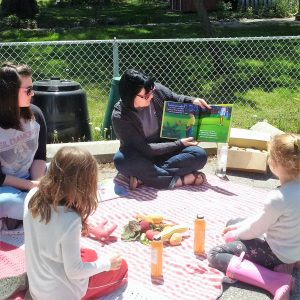
Prevent your children from experiencing learning loss by taking the story time and reading outdoors like what our Woodstock, ON friends did.
In addition, more and more libraries are evolving into knowledge hubs that go beyond the books or just reading time. These bigger libraries offer the experts, space and public access to various learning opportunities including specific programming for children. Take for example, our Plant a Seed-READ! Programing which aims to reach toddlers, preschoolers and youngsters through story telling in public libraries across Canada. We support the reading experience with a discussion of the elements needed to successfully grow plants, where food comes from and an actual planting activity. The children also receive complimentary lesson materials, such as organic non-GMO seeds, a themed‐colouring book and colored pencils. The two empowering storybooks ‐ Plant a Seed & See What Grows and What to Do with What You Grew children’s books both written by Roland Gahler are also donated to the libraries. Both books are available in French, too.
If you live near the Idea Exchange∕ Preston Library in Cambridge, ON, you can register your pre-school children to attend our Plant a Seed-READ! program on Tuesday, July 4, 2017, 10:30 – 11:30 am. Or if you live in Ottawa, ON your child can participate too in this integrated story time, discussion and actual planting activity. It will be held on Wednesday, July 26, 2017 at 2:00pm at the Churchill Alternative School. To register or for more information, please click here. This specific program is in collaboration with Growing Up Organic and the Ottawa Public Library.
3. Get Involved in a Local Community Garden
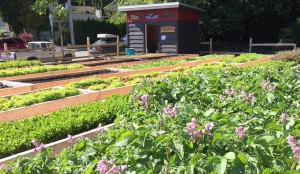
Another way to help prevent your children from experiencing learning loss is to take your kids to your local community garden like our funded project from Sutherland Secondary Schoolyard Market Garden in North Vancouver, BC. Edible Garden Project, our partners for this project are always looking for volunteers.
A local community garden or urban farm offers a bounty of learning opportunities for kids in the summer. There, they can learn about horticulture, landscaping, cultivation, seed preservation, beneficial bugs, and so much more. Getting involved as volunteers is free, and can have the added benefit of serving the needs of children from food insecure households.
Make sure that this experience is all that it can be by turning the community garden into an actual learning garden. Follow these four tips to doing so and the children from the entire community will benefit.
4. Keep Them Learning While Traveling Too
Travel is an important part of summer break for many families however learning activities should not stop just because you’re getting away from it all. Consider going on a learning vacation which can not only be fun, it can be extremely rewarding. Agritourism (or agrotourism), ecotourism, and voluntourism make up the triangle of family learning vacations, but you don’t need to have financial means to partake in them. Many of the concepts can be enjoyed in your very own locale.
Do you have any other summertime learning concepts that you would like to share? We’d love to hear about them! Follow our Foundation on Facebook, Twitter, and/or Google+, find this article on our recently published posts and leave a comment.
Help us celebrate this growing season! Our programs create moments of inspiration that can last a lifetime—in classrooms, in school gardens, by farm visits, and other outdoor educational activities. Please visit this link to learn more about our work in Canada. Please sign-up to be a Friend of the Foundation.
